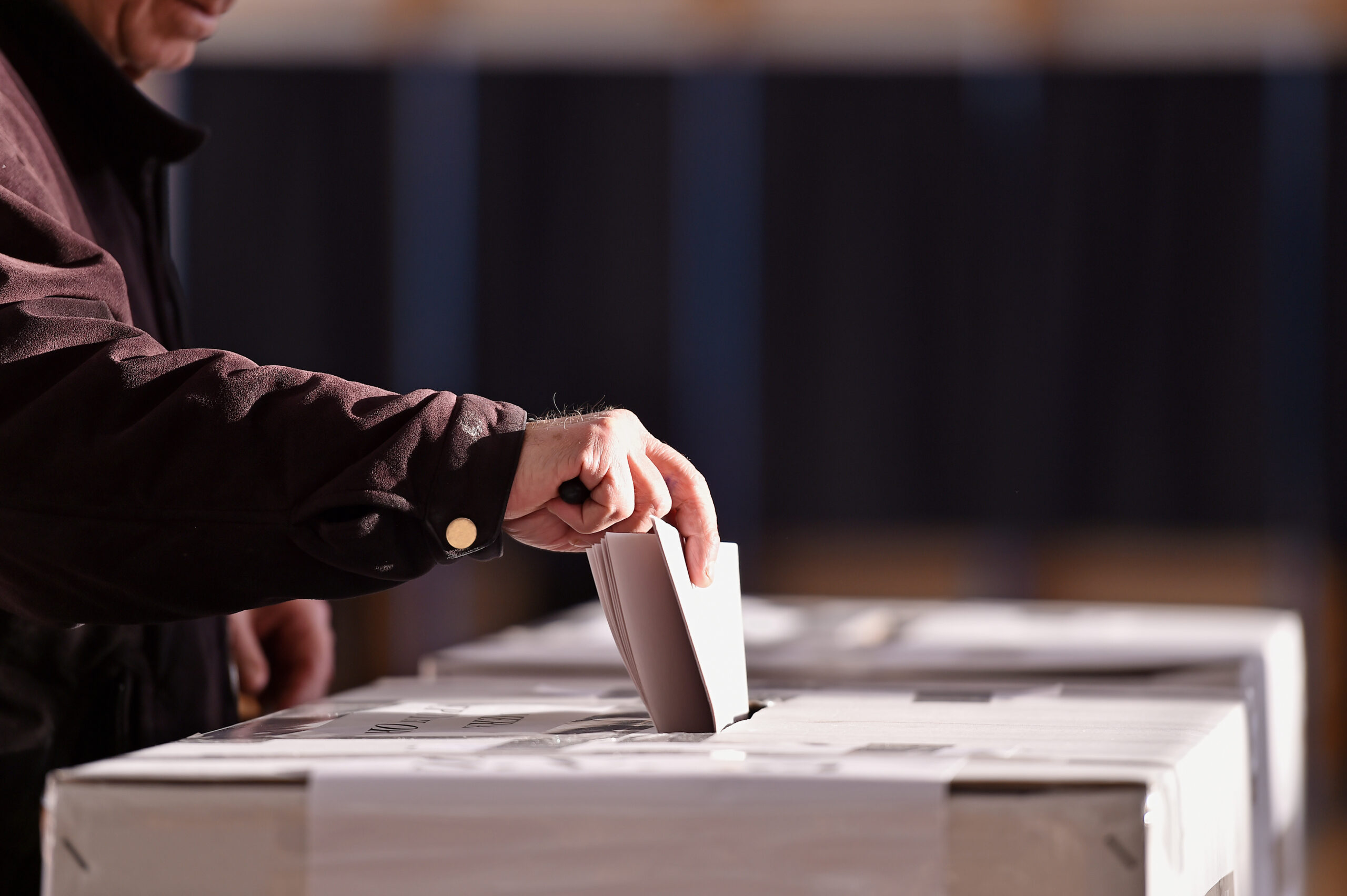Last of the Independents
“Ballot access” is like “free air.” In a decent country, shouldn’t we all have it?

Walter Matthau’s nose has never been more bulbous nor his jowly scowl more world-weary than in Charley Varrick (1973), Don Siegel’s hard-boiled-in-the-New Mexico-sun film about a crop duster turned bank robber. Varrick’s plane bears the motto “Last of the Independents,” and in the half-century since Charley stopped dusting, independents in America—and the very idea of independence in America—have received their own herbicide treatment.
Charley Varrick only had to deal with cops and the mob; Robert F. Kennedy Jr. and Cornel West, who at this writing seem determined to wage independent candidacies for what the Anti-Federalists called the office of “president-king,” are facing “Jim Crow-type laws against a competitive electoral process, and the shared monopoly of the Republican and Democratic duopoly,” in Ralph Nader’s description. (Ralph should know!)
Whingers about alleged threats to democracy seldom waste a thought on ballot access, yet the very term ought to strike American ears as bizarre, rather like “free air.” Of course we should all have access to the ballot: isn’t this America?
Alas, states often set the threshold for automatic ballot access at a level easily reached by the Democrats and Republicans but too high for any others. Third parties and independents must exhaust their comparatively meager treasuries soliciting signatures and defending them in court against pettifogging attorneys who perversely get off on finding that petition-signer John Doe penciled in the wrong numerical month or signed his nickname instead of his birth name.
In the lost America, independents or smaller-party candidates didn’t need to apply for the “right” to run for office. There was no such thing as ballot access: you voted orally or handed in a ticket bearing the names of your preferred candidates. That changed after state governments seized control of ballot design in the late 19th century. The temptation to stifle competition eventually proved irresistible to Republicans and Democrats, who erected barriers to participation in the form of petition requirements and narrow filing deadlines.
Nevertheless, as late as the 1920s, Socialists and Progressives and Prohibitionists were listed on the ballot of almost every state. Then anti-Red hysteria jolted America from her moorings. In state after state, “restrictive changes in the 1930s were made to thwart the Communist Party,” says Richard Winger, the doyen of ballot-access law. (Anti-communists—who tended to be pro-nothing—did more to garrote American democracy than any garret-dwelling commie.)
George Wallace’s 1968 presidential campaign, in which the bantam rabble-rouser insisted that “there ain’t a dime’s worth of difference between the Democratic and Republican parties,” provoked another round of ballot tightening. Moderate relief in some states came from successful lawsuits by the distributist liberal Eugene McCarthy during his independent bid in 1976, but the specter of RFK Jr. and Brother West offering a real choice to voters unimpressed by the doddering Democratic dotard and the carnival-barker Republican likely will set off a new war upon independents and minor parties. (When peaceful avenues of political protest are closed, what do our rulers expect to happen? Maybe it’s best not to think too hard on that. As Dr. Zaius tells Taylor at the end of Planet of the Apes, “You may not like what you find.”)
The only media attention ballot access will receive over the coming months will be in the form of clickbait mockery highlighting the inevitable joke signatures on petitions. Wits will scrawl the occasional ridiculous name—Donald Duck or Taylor Swift or John Bolton—and these isolated cases, writ large, will serve as yuk-yuk justification for the exclusion of Kennedy and West from the ballot in Pennsylvania or Ohio or, I regret to say, New York. Thanks to “reforms” imposed by the bullying creep Andrew Cuomo and a compliant political establishment, New York, which once offered a menu including Socialist Workers and Right-to-Lifers, is now about as friendly to dissident parties as 1954 Bulgaria.
Subscribe Today
Get daily emails in your inbox
The late Theodore Lowi, Cornell political scientist and confirmed centrist, declared: “One of the best-kept secrets in American politics is that the two-party system has long been brain dead—kept alive by support systems like state electoral laws that protect the established parties from rivals and by Federal subsidies and so-called campaign reform. The two-party system would collapse in an instant if the tubes were pulled and the IV’s were cut.”
I’m no fan of euthanasia but, oh, would I love to cut those cords and free the independents.
If I quote John Adams—“a division of the republic into two great parties…is to be dreaded as the greatest political evil”—you will tell me that ship has sailed. Maybe it’s time we started building new ships.
Comments